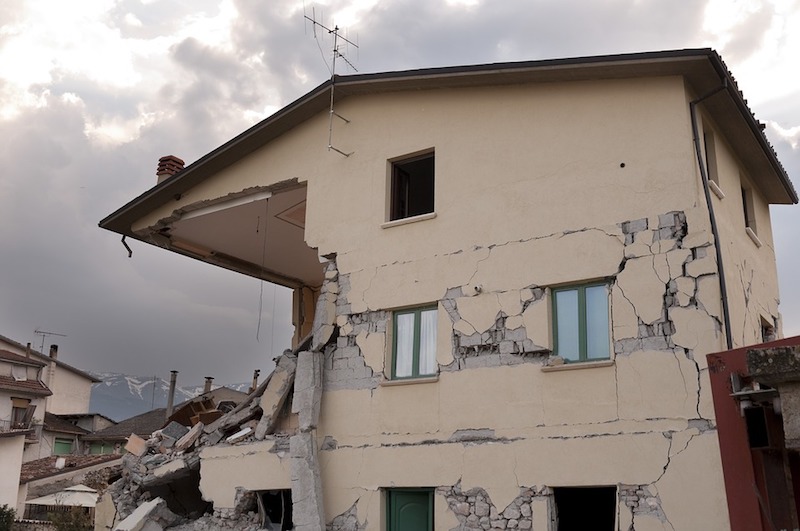The United States Resiliency Council through its support behind California’s AB 2681, a bill now in the appropriations committee that would assist cities in identifying the most seismically vulnerable structures.
The bill would provide funding and tools for cities to identify dangers to their communities and infrastructure. According to the council, the benefits of the bill include:
— Protection for affordable housing: Many vulnerable buildings are older structures that make up much of the state’s more affordable housing stock.
— Shielding communities from chaos: Projected loss of housing would leave hundreds of thousands of people homeless and in desperate need of refuge.
— Informing the public about personal risks: People have a right to make decisions about the buildings in which they live and work based on the best available information. Identifying and evaluating potentially vulnerable buildings is the first step toward engaging stakeholders about the importance of creating more resilient cities.
— Promoting social justice: Most of those impacted by a major quake will be lower-income residents whose lives and livelihoods will be disproportionately impacted due to their economic and social status.
— Protecting public health: Many older buildings contain asbestos and lead, which, when released into the air and groundwater from crumbled rubble will pose a public health problem of potentially overwhelming impacts.
Related Stories
| Mar 22, 2012
Bill would reintroduce “opt-out” provision in lead paint law
The Lead Exposure Reduction Amendments Act of 2012 (S2148) would restore the "Opt-Out" provision removed from the Environmental Protection Agency's Lead Renovate, Repair and Painting (LRRP) rule in April 2010.
| Mar 15, 2012
New Florida building code establishes flood and storm surge provisions
The new 2010 code establishes minimum design and construction requirements to protect buildings from wind, rain, floods, and storm surges.
| Mar 15, 2012
Illinois city rejects international code due to home sprinkler requirement
Macomb, Illinois aldermen voted to recommend that the city not adopt 2012 international building and residential code standards requiring the installation of overhead sprinkler systems in newly constructed one-family and two-family homes.
| Mar 15, 2012
Tenant advocates propose licensing landlords in New York City
With thousands of New York City rental units posing potential dangers to tenants, city advocates are proposing measures to make landlords improve building safety.
| Mar 15, 2012
Construction industry a big winner in federal small disadvantaged business procurement
Last year, only 5% of federal contract dollars went to small disadvantaged businesses. Construction and facilities support firms were the biggest beneficiaries.
| Mar 15, 2012
ANSI approves new fall protection standards
The American National Standards Institute (ANSI) has approved two American Society of Safety Engineers' (ASSE) standards addressing fall protection.
| Mar 8, 2012
Engineering innovation provides new option for meeting seismic codes in skyscrapers
Two University of Toronto engineers have developed “viscoelastic-energy-dissipating dampers” to replace many of the heavy concrete beams used in tall structures.
| Mar 8, 2012
CSI webinar on building code compliance March 22
A March 22 webinar will provide an overview of a 28-step process during the design of a building to ensure compliance with building codes.















